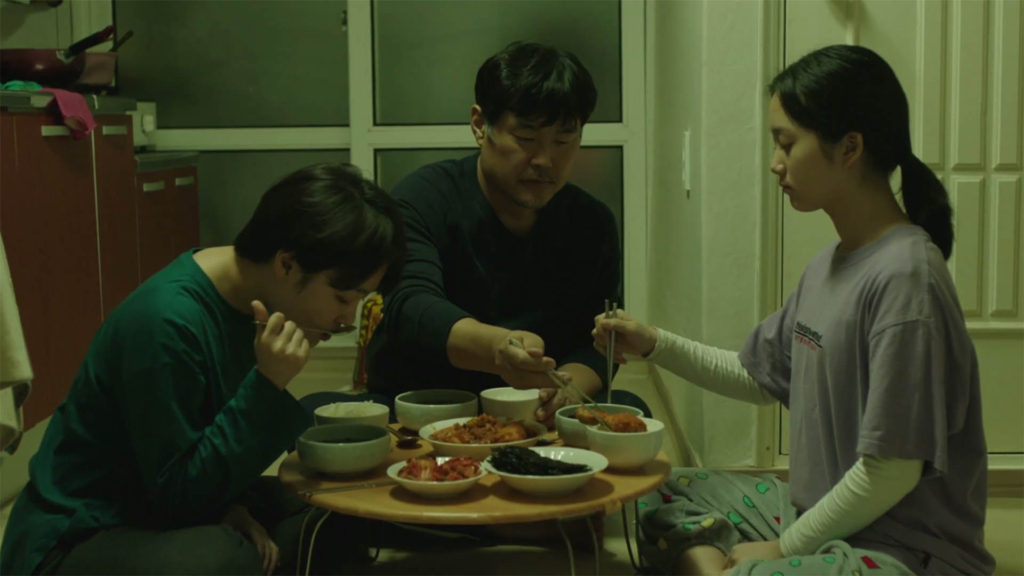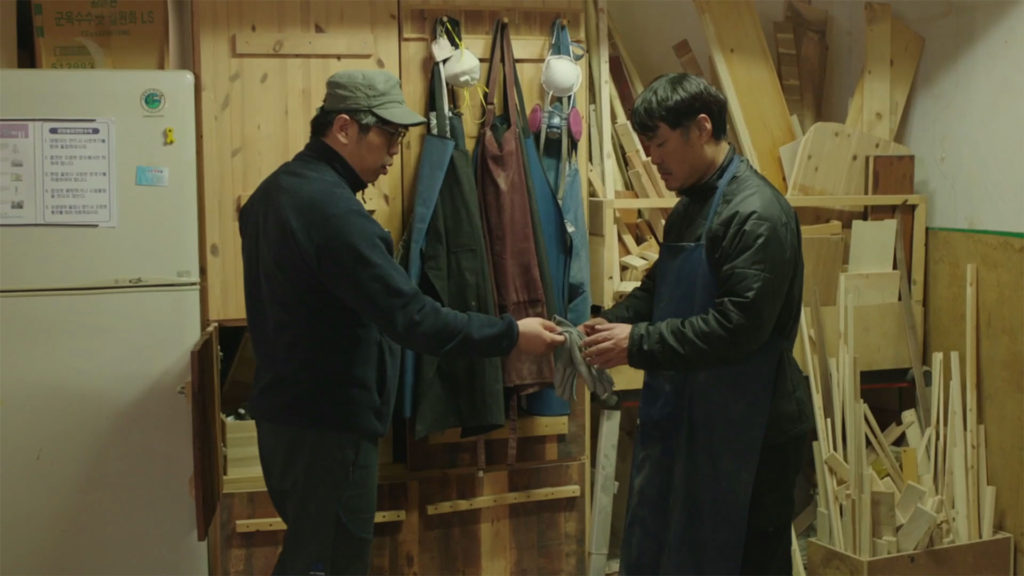
A Song for Cesar is a rich documentary on the role of music and the arts in the critical years of Cesar Chavez’s United Farm Worker movement – so rich that it’s much more than that. There’s a time capsule of the turbulent 1960s, the story of emerging Chicano identity and a meditation on the role of arts in political activism – all embedded in a compelling history lesson.
A Song for Cesar shows us how music and the UFW uplifted each other. Anthems were used in mobilizing, and benefit concerts were a major pillar of UFW fundraising. In the other direction, Cesar Chavez and the movement inspired a generation of Chicano musical artists. We hear directly from a veritable Who’s Who of Chicano musicians from Malo, El Chicano, Tower of Power, War, Santana and Los Lobos through Ozomotli. The memories of UFW allies like Taj Mahal and Joan Baez are also central to A Song for Cesar.
It’s not just only about music, either – the importance of murals and theater are highlighted. We hear from Luis Valdez, founder of Teatro Campesino, about the beginnings of Teatro and its place in the movement.
A Song for Cesar captures the zeitgeist of the time. The UFW’s organizing campaign coincided with (as well as inspiring) new Chicano identity and pride. As Tower of Power’s Emilio Castillo says, “People were ready to protest for social change.They weren’t going for the old okey-doke no more.”
A Song for Cesar reminds us of the mass casualty tragedies that galvanized the Farm Worker movement, along with the low pay, wage theft, horrid working conditions and exploitation. (A personal reflection: when I think of the cruelty, disrespect and social control embodied in the short handled hoe, I still get pissed off.) Exceptionally well-sourced, A Song for Cesar presents first-hand recollections of Chavez family members, UFW leader Dolores Huerta and other participants. The UFW history is deep enough to acknowledge the overlooked role of Filipinos in the UFW, with Larry Itliong as a co-founder of the union.
The Farm Workers had to face goon violence from the growers and infiltration by racist law enforcement. It becomes all the more relatable when Luis Valdez describes facing the violence with non-violence in very personal terms. A Song for Cesar is solid history and an important document of the times.
A Song for Cesar is filled with cool tidbits, like how Cesar Chavez was himself a big jazz fan, who would comb record store bins whenever he had the chance. Who knew?
A Song for Cesar opens this weekend, and will have March 18-24 runs at the Opera Plaza and the Smith San Rafael.



